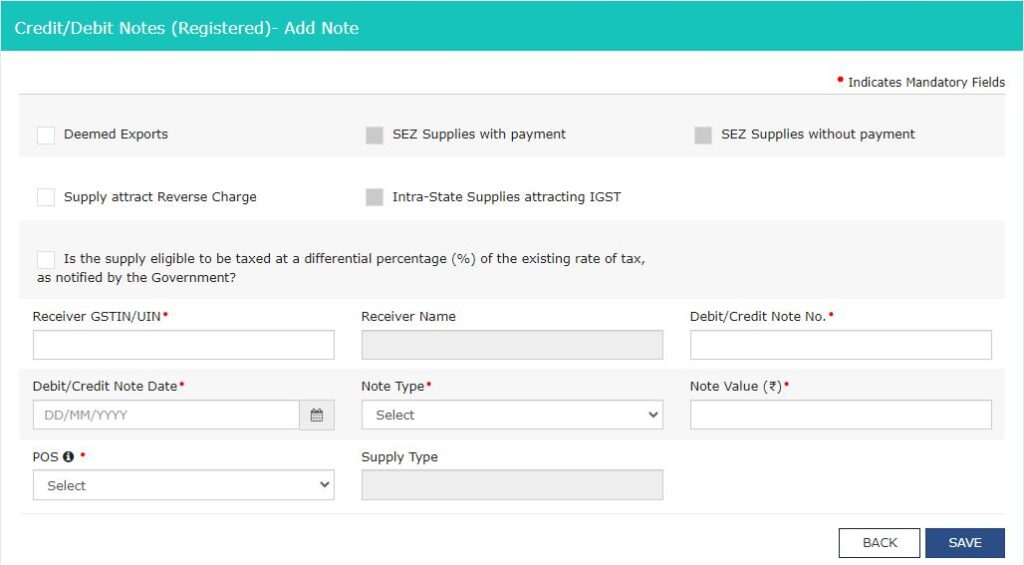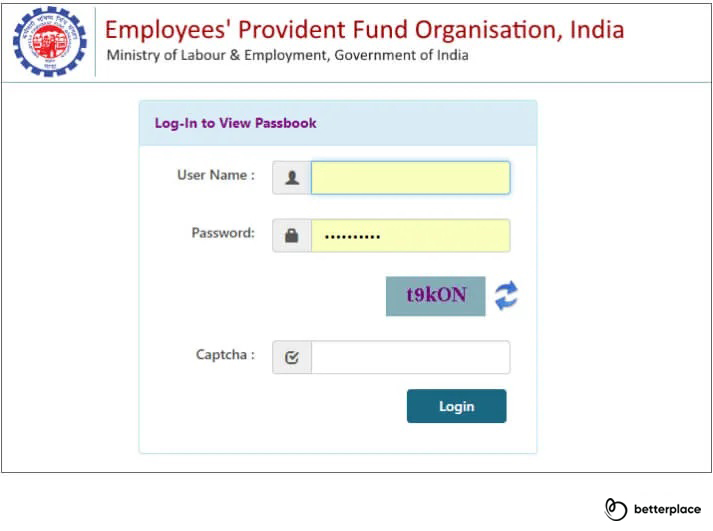Rajasthan Rajiv Gandhi Kisan Beej Uphar Yojana
A new scheme has been started on 22 October 2022 for the farmers buying seeds in Rajasthan. The name of this scheme is Rajiv Gandhi Kisan Beej Uphar Yojana. Under the Rajiv Gandhi Kisan Beej Uphar Yojana, farmers buying seeds from the corporation will be given 1-1 tractor in each district through lottery. Rajasthan Seed Corporation Chairman Dheeraj Gurjar has told that the seeds to be made available have been prepared by scientists Rajiv Gandhi Kisan Seed Uphar Yojana 2024 Rajasthan State Seed Corporation has launched Rajiv Gandhi Kisan Beej Uphar Yojana 2024 on 22 October. Under this scheme, farmers buying seeds from the corporation will be given one tractor each through lottery in every district of the state. Corporation Chairman Dheeraj Gurjar has told that the seeds provided to the farmers by the corporation have been prepared by scientists. And also told that the farmers buying seeds from the corporation will be given gifts. Under Rajiv Gandhi Kisan Beej Uphar Yojana, a coupon will be available in the seed bag and on the basis of this coupon the winner will be given a gift. A tractor will be given to one farmer in every district of the state. Also, under this scheme, 20 farmers will be given battery operated spray machines and 30 farmers will be given torches Name of the scheme Rajiv Gandhi Kisan Seed Uphar Yojana was launched By Rajasthan Seeds Corporation Beneficiary farmers buying seeds Objective Providing gifts to farmers through lottery Year 2024 State Rajasthan Benefits of Rajiv Gandhi Kisan Beej Uphar Yojana 2024 Under Rajiv Gandhi Kisan Seed Gift Scheme, the Corporation will provide benefits to 51 gift farmers in each district of Rajasthan through lottery. Farmers who buy seeds from the corporation will be given one tractor each in every district through lottery. Under Rajiv Gandhi Kisan Beej Uphar Yojana, a coupon will be available in the seed bag and on the basis of this coupon, a gift will be given to the winner. One farmer will be given a tractor in every district of the state. Also, under this scheme, 20 farmers will be given battery operated spray machines. And torches will be given to 30 farmers. Under this scheme, by producing high quality certified seeds, the corporation will make the seeds available to farmers at reasonable prices up to the village level. Farmers will get 51 gifts under Rajasthan Kisan Beej Uphar Yojana Under the Rajiv Gandhi Kisan Beej Uphaar Yojana, the corporation will provide 51 gifts to farmers in each district of Rajasthan through lottery. Corporation Chairman Dheeraj Gurjar said that by producing high quality certified seeds, the corporation is providing seeds to farmers at reasonable prices up to the village level. Under the Rajiv Gandhi Kisan Beej Uphaar Yojana, farmers who buy seeds from the corporation will get tractors, 20 farmers in each district will get battery operated sprayers and about 30 farmers will get torches. About 1650 farmers of the state will get gifts. Apart from this, online registration will be started on October 27 for the purchase of urad, soybean and groundnuts at the support price by Rajfed in Rajasthan. Purchase of soybean, urad and groundnuts will start from November 1 at about 879 centers. Objective of Rajiv Gandhi Kisan Beej Uphar Yojana 2024 The main objective of starting Rajiv Gandhi Kisan Beej Uphar Yojana by Rajasthan Seed Corporation is to provide gifts to farmers through lottery. Farmers who buy seeds will be given tractors through lottery. And gifts will be given to the winner on the basis of coupons. Through Rajiv Gandhi Kisan Beej Uphar Yojana, 51 gifts will be provided to farmers in each district through lottery. Under this scheme, by producing high quality certified seeds, the corporation is providing seeds to farmers at reasonable prices up to the village level. Rajiv Gandhi Kisan Seed Gift Scheme Eligibility To avail the benefits of the scheme, the applicant must be a permanent resident of Rajasthan state Only farmers of the state can take advantage of this scheme Application Process under Rajiv Gandhi Kisan Seed Gift Scheme 2024 the benefit of Rajiv Gandhi Kisan Beej Uphaar Yojana 2024, farmers will have to buy seeds from the corporation. Because the tractor will be given only through lottery and a coupon will be available in the seed bag. On the basis of the coupon, the winner will be given a gift. To avail the benefit of this scheme, farmers will not have to apply in any way FAQs What is the Rajasthan Rajiv Gandhi Kisan Beej Uphar Yojana? The Rajasthan Rajiv Gandhi Kisan Beej Uphar Yojana is a scheme launched by the Government of Rajasthan to provide free seeds to farmers in the state. It aims to encourage farmers to adopt better quality seeds for improved agricultural productivity Who is eligible to benefit from this scheme? Farmers who are residents of Rajasthan and engaged in agricultural activities are eligible to benefit from the Rajasthan Rajiv Gandhi Kisan Beej Uphar Yojana. They can avail of free seeds distributed under this scheme.
Rajasthan Rajiv Gandhi Kisan Beej Uphar Yojana Read More »



